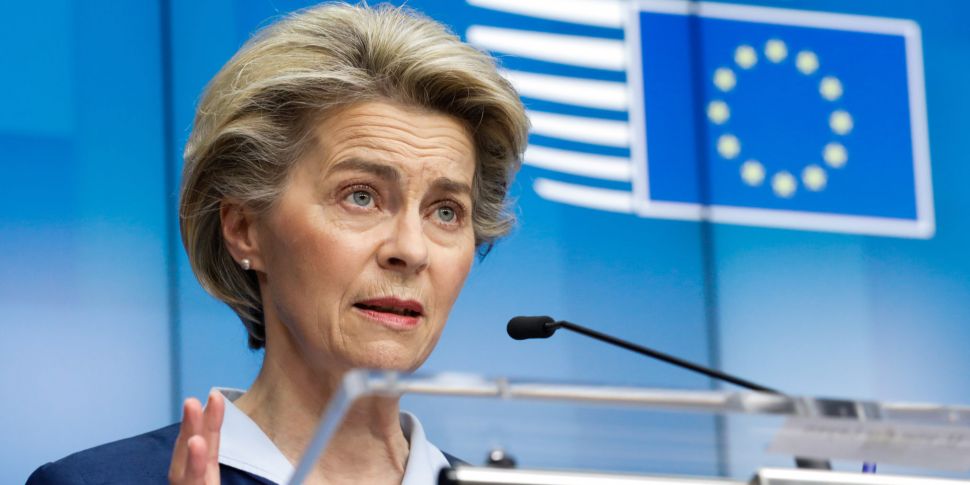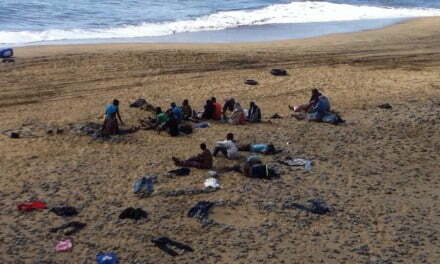EU Digital Green Pass is set to debut on March 17 2021 – Last week, MEPs were already advocating common criteria for “safe and clean” tourism travel within the EU. And, they say, these criteria should include a common vaccination certificate. On February 25, the Committee on Transport and Tourism adopted the draft resolution on the establishment of an EU strategy for sustainable tourism. Today, March 1, the European Commission has set the day, to propose an initiative focused on travel and mobility for EU citizens. Ireland’s national day, March 17, on Saint Patrick’s Day the “EU Digital Green Pass”, a European health passport, will be presented.
We’ll present this month a legislative proposal for a Digital Green Pass. The aim is to provide:
•Proof that a person has been vaccinated
•Results of tests for those who couldn’t get a vaccine yet
•Info on COVID19 recoveryIt will respect data protection, security & privacy
— Ursula von der Leyen (@vonderleyen) March 1, 2021
Both the president of the Commission, Ursula von der Leyen, and the vice president, Margaritis Schinas, have announced this legislative proposal for an EU Digital Green Pass through their social network accounts. Explaining that these EU Digital Green Pass will include the following information:
- Proof that a person has been vaccinated.
- Test results for those who could not yet get vaccinated.
- Information on recovering from COVID-19Of course, they have clarified that this passport will respect “data protection, security and privacy . ” And, all this, to achieve a safe reopening of mobility within the EU.
A uniform travel protocol
“The Digital Green Pass should make life easier for Europeans. The aim is to allow them to gradually move safely within the European Union or abroad, for work or tourism,” said Von der Leyen.
“With summer just around the corner, we want to avoid past mistakes and apply uniform travel measures, such as an EU protocol for pre-departure tests, a vaccination certificate and a European health stamp,” said the Portuguese MEP Cláudia Aguiar in the European Parliament last week.
How will the vaccination certificates work?
“A common approach to ‘pharmacovigilance’, with a view to reliable and verifiable vaccination certificates across the EU, could enhance the success of vaccination programs in Member States and the confidence of citizens” the European Commission points out in reference to the introduction of vaccination passports.
Emphasising that vaccination certificates could be useful, for example, in the context of travel, to demonstrate that the person has been vaccinated and, therefore, it is possible that they do not need to undergo any type of test or quarantine upon arrival in another country.
The European Commission, Member States and WHO are working together on vaccination certificates. This work includes “a minimum set of data, with a unique identifier, for each individual vaccination, which facilitates the issuance of certificates and the monitoring of vaccination at the European level from the moment when vaccines against COVID-19 are authorised.″.
EU funds are available to support the creation of immunisation information systems, digital health records and secondary use of immunisation health data.
We have a new partnership with Southern Neighbourhood countries.
We fight this pandemic together. The EU mobilised €2.3 billion for their health & economic recovery.
And to give perspectives to its youth, in the long term, we propose an Investment Plan for the region. pic.twitter.com/da2LrZNsut
— Ursula von der Leyen (@vonderleyen) February 27, 2021













